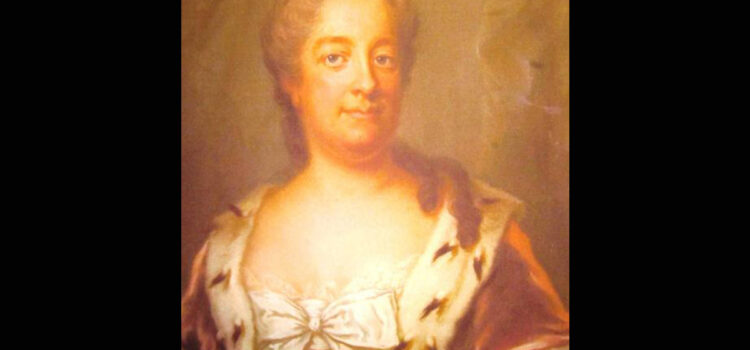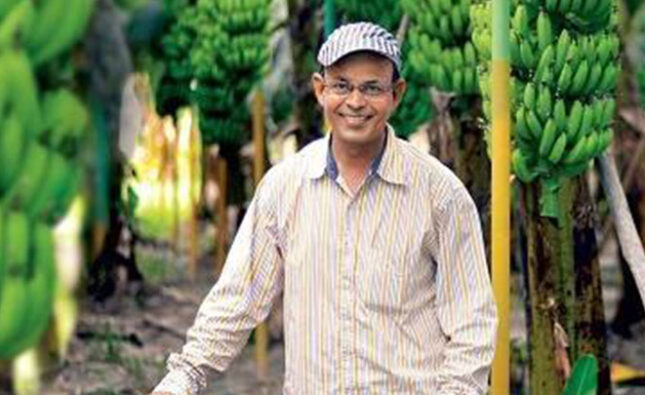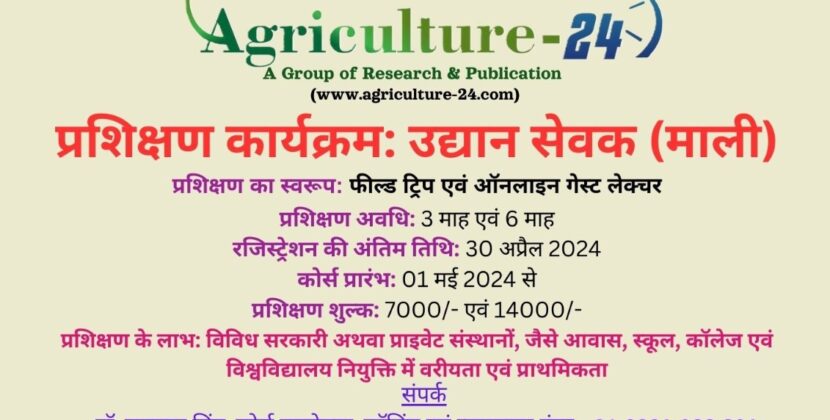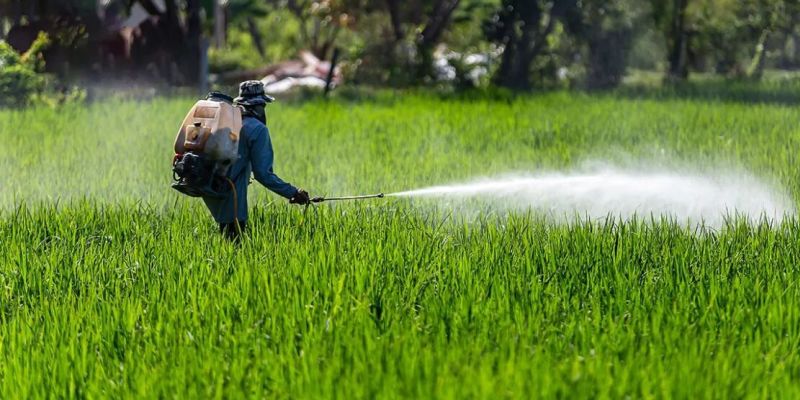Eva Ekeblad, born Eva De la Gardie on July 10, 1724, was a Swedish agronomist and scientist known for her groundbreaking work in the field of agriculture and her contributions to the development of potato-based products. She was the first woman to be elected to the Royal Swedish Academy of Sciences.
Ekeblad was born into a noble family in Stockholm, Sweden. Despite being a woman in a time when opportunities for education and scientific pursuits were limited for females, she received a comprehensive education at home, which was unusual for girls at that time. She displayed a keen interest in the natural sciences from an early age, which was encouraged by her family.
In 1740, at the age of 16, Eva Ekeblad married Count Claes Claesson Ekeblad, a politician and landowner. The couple settled in her husband’s estate in the Swedish countryside, where Eva had the opportunity to explore her scientific interests and conduct experiments related to agriculture.
One of Ekeblad’s most significant contributions came in the field of potato cultivation. At the time, potatoes were considered mainly as animal feed and were not commonly consumed by humans in Sweden. Recognizing the potential of this versatile crop, Ekeblad conducted experiments to find new ways to use potatoes for food and other purposes.
In 1746, Ekeblad discovered a method to extract starch from potatoes. She realized that the starch could be used as a substitute for expensive grains like wheat, which were in short supply in Sweden at the time. Her invention of the potato starch extraction process had a significant impact on Swedish agriculture and food production, as it provided a more accessible source of food for the population.
Eva Ekeblad’s work didn’t stop at potato starch. She also found ways to make alcohol and other products from potatoes. She developed methods to produce potato flour, potato bread, and even potato-based alcohol, such as potato vodka. These innovations played a crucial role in improving food security and stimulating the Swedish economy during a period of agricultural challenges.
For her achievements, Eva Ekeblad became the first woman to be admitted to the Royal Swedish Academy of Sciences in 1748. Her work brought her recognition both in Sweden and internationally, and she corresponded with other scientists and intellectuals of her time.
Eva Ekeblad lived a long and influential life, passing away on May 15, 1786, at the age of 61. Her contributions to agriculture, particularly in the realm of potato-based products and food production, left a lasting impact on Sweden and helped pave the way for future innovations in agriculture.
Today, Eva Ekeblad is celebrated as a pioneer in agronomy and an inspiration for women in science. Her legacy serves as a reminder of the importance of perseverance and scientific curiosity in pushing the boundaries of knowledge and making significant contributions to society.






